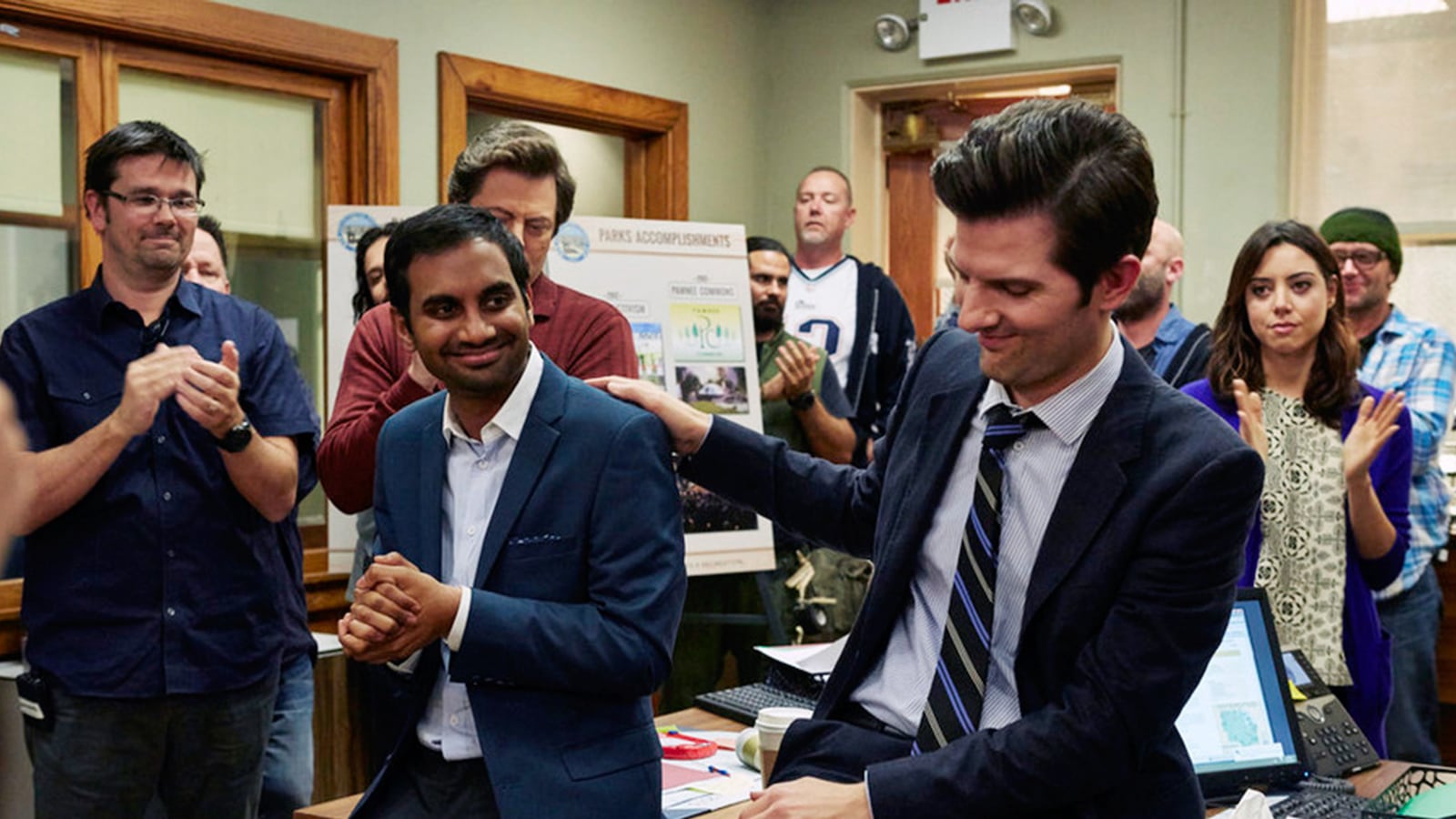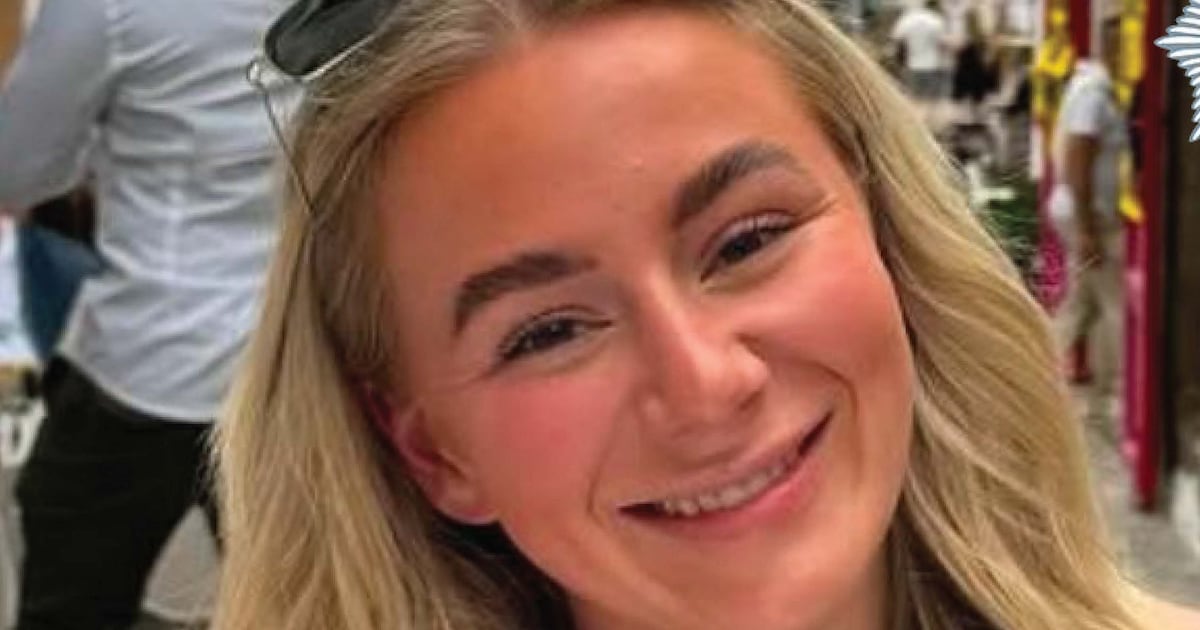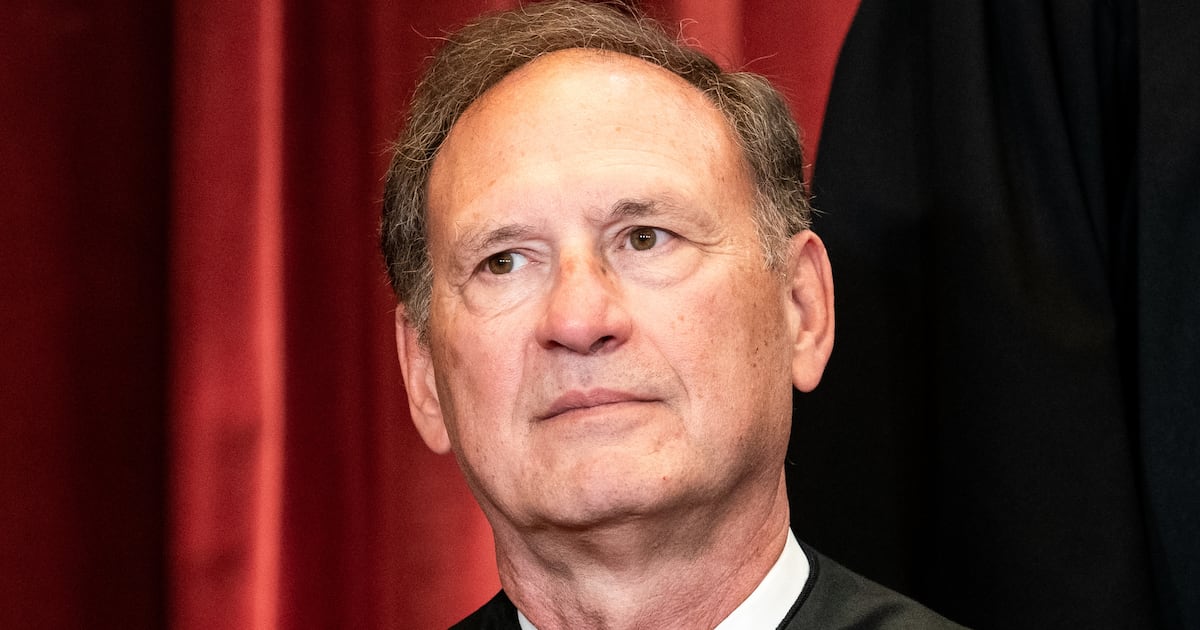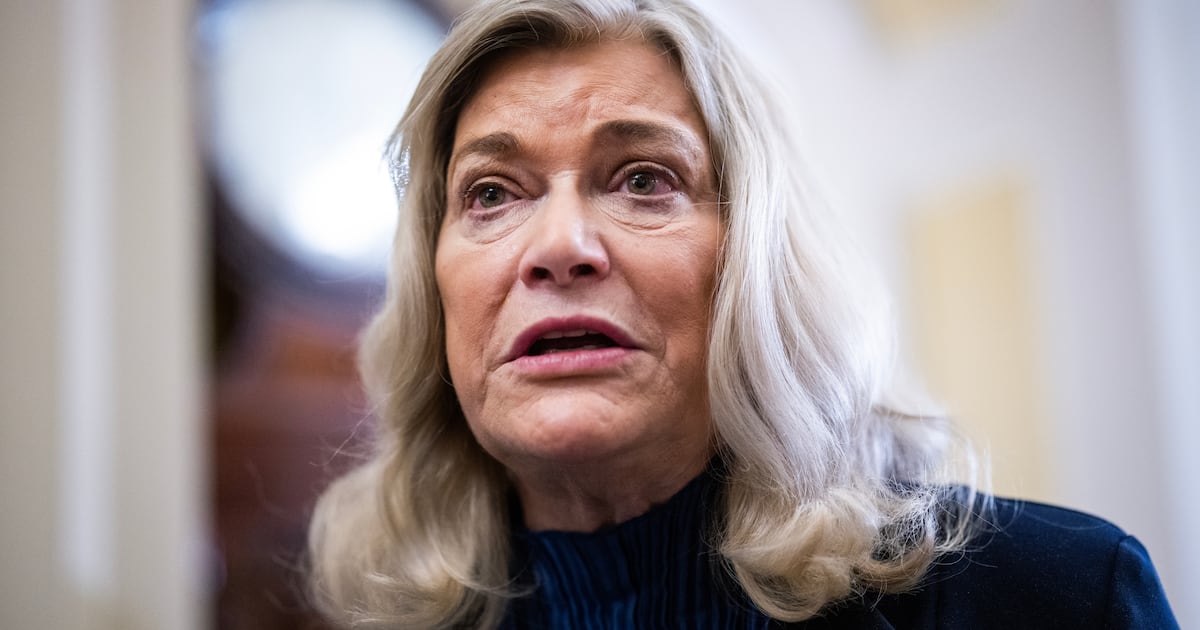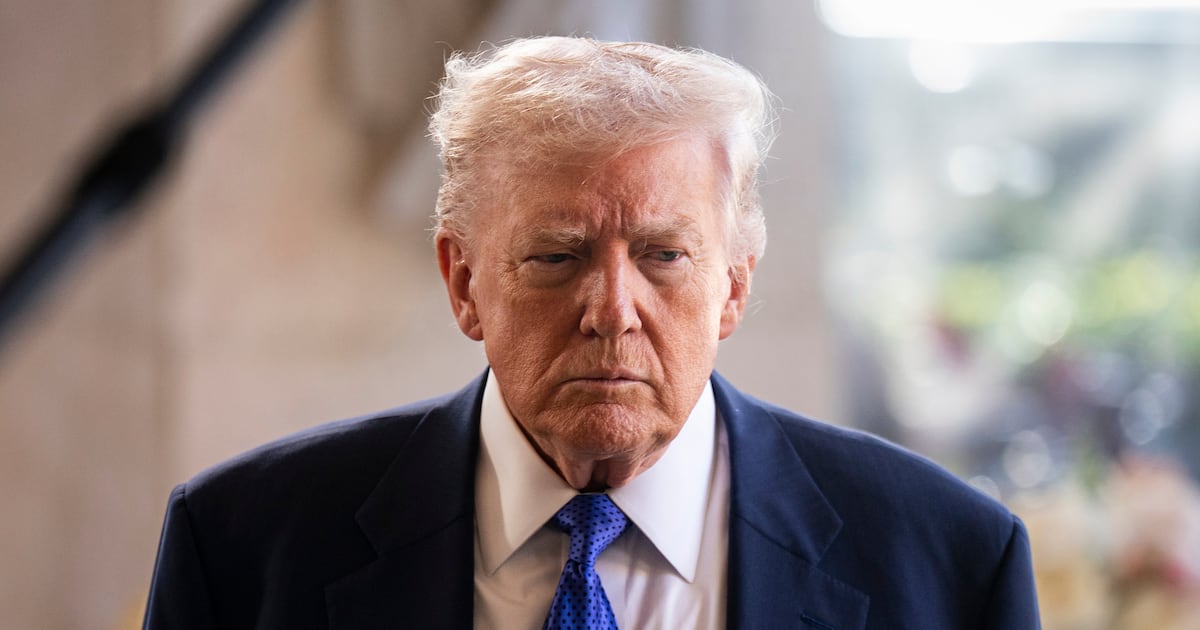There’s only one thing harder than creating a beloved, long-running, hit TV series: figuring out how to properly end it. That realization almost wrecked Vince Gilligan as he searched for a suitable conclusion to Breaking Bad in 2013. “I have never been more preoccupied by anything I was working on and more anxious, more anxiety-ridden about it than I was that whole last year of Breaking Bad,” Gilligan told me recently. “We had so much to lose. We had so much goodwill from people all around the world and if we had screwed it up, I’d probably be in therapy right now. I’d still be kicking myself.”
It’s a problem that TV creators are increasingly grappling with, as more networks are allowing them to end their shows on their own terms and their own timetable. But that freedom has intensified pressure for that final episode to stick the landing and in some ways justify all that came before it. Seinfeld’s everyone-goes-to-jail finale angered and alienated many fans back in 1998, but it didn’t taint our memories of the entire series the way that How I Met Your Mother or Dexter’s recent ludicrous conclusions did. These days, in order to cement their status in the TV pantheon, shows not only have to be great, they also have to end that way.
And that’s the daunting challenge facing an unusually large number of long-running shows that are wrapping up this season. Next up is Parks and Recreation, which after seven seasons, airs its hour-long finale Tuesday at 10 p.m. In the coming months we’ll say goodbye to Justified (its finale airs April 14), Cougar Town (March 31) and Mad Men (May), while shows like Sons of Anarchy, White Collar, Two and a Half Men, and Parenthood have already taken their final bows.
“Everything is about the endings now,” says Justified creator Graham Yost. “The whole concept of the ending has evolved over the years, and it’s really the last 10 years where it’s become this big thing. I can remember how Hill Street [Blues] ended and St. Elsewhere, which had its famous snow globe ending. But I can’t tell you how NYPD Blue ended. I can tell you when Jimmy Smits died; that was a huge episode. So all this focus now, like on The Sopranos’ last episode…oh my God.”
Indeed, The Sopranos’ abrupt-cut-to-black ending in 2007—still the subject of heated debate almost eight years later—ushered in the modern focus on series finales. The show was still a ratings powerhouse, but David Chase was ready to wrap up the story, and HBO afforded him the opportunity to end on his terms, which included Holsten’s, “Don’t Stop Believin’,” and a shifty-looking guy wearing a Members Only jacket.
Before then, shows ended primarily for two reasons: either the ratings dropped to the point where the network and studio could no longer justify everyone’s by-then-exorbitant salaries, or the stars grew restless and decided to move on. Cheers would have kept going had Ted Danson not decided he was ready to leave; ditto Seinfeld and Friends. The reverse is also true: Shows that seem to be creatively running on fumes—I’m looking at you, Dexter and Will & Grace—will continue to get renewed if networks feel there is still more money to be squeezed from them. Those issues are still major factors today, but more and more long-running shows are ending because their creators have decided the story has run its course.

“A lot of times, when the business concerns—i.e. what’s the maximum amount of money you can extract from a show—come first, then you just make a show until it doesn’t make sense financially to make it anymore,” says FX Networks CEO John Landgraf. “That really cheats the creative people, the creative process, and the audience on some level. I think ideally, the creators should decide when the show should end. Particularly when you’re making really good shows, they want the show to be really good from beginning to end, they’re not willing to sell out and make a couple of bad seasons for the money, so they’ll tell you when they’re running out of road creatively.” Landgraf has followed that roadmap with FX series like The Shield, Sons of Anarchy and now Justified. “You let the show go out on top, and on their own terms.”
That’s also why Gilligan wrapped up Breaking Bad, even as his AMC series was enjoying its highest ratings ever. “That’s a large part of why it had to end to what amounted in many people’s minds as prematurely,” Gilligan told me. “It had to end ‘prematurely’ because at a certain point it can’t get any better. So you’ve got to know when to leave the stage.”
But that also raises the bar sky-high for the show’s conclusion. If a series botches its finale—as How I Met Your Mother did last year—it can retroactively sully everything that came before it: Why bother taking nine seasons to meet the mother, only to kill her off minutes later?
Is that pressure to stick the landing weighing on Yost as he plots Justified’s conclusion? “Well, until you put it like that it wasn’t, but now I’m scared shitless!” he says, only half-joking.
Making the task tougher still is that there’s no one-ending-fits-all approach to wrapping up a series. “I think it’s show-specific,” says Parks and Recreation co-creator and showrunner Mike Schur. “I think The Sopranos’ ending is one of the most beautiful and wonderful things that’s ever been on television. I’m in awe of the conception and execution of that particular ending, but it’s also very controversial and a lot of people didn’t like it. Those people are wrong, but they’re entitled to their opinion. Then there’s other things like the Cheers finale, which was really like 20 minutes of them in a bar talking about life. And the Friends finale was Rachel getting off a plane, and Ross and Rachel kissing, which for a comedy show is about as traditional as you can get, and I loved every second of it. I thought it was perfect.”

The lesson from those various finales, and what Schur took to heart when planning his Parks ender: “It’s about what the characters on that specific show demand, and so that was the only real discussion. It wasn’t any kind of bigger picture thing, like, ‘How do we really knock their socks off?’ It was really about, ‘What’s the right story for this group of characters?’”
Yost has also been thinking about his favorite finales as he plans Justified’s endgame. “Well, the best ever was Newhart. It was brilliant,” says Yost, of Newhart’s 1990 finale in which star Bob Newhart woke up next to Suzanne Pleshette, the wife from his previous series, The Bob Newhart Show, and said, “You won’t believe the dream I just had!” In other words, Yost jokes of the Justified conclusion, “It will be Tim [Olyphant] back on Deadwood: ‘My God, I had the strangest dream! There were automobiles, I think they called them….’”
His Justified writers room, meanwhile, is hoping to emulate The Shield’s 2008 finale, which ranks among the best in television history. “Everyone felt that that was one of the best endings because it was satisfying and unexpected,” says Yost. But more importantly, “For us what the guiding force has been from the beginning and will be to the very end is Elmore Leonard,” the late author who created the character of Raylan Givens in his novels. “So how does he end his books and how does he wrap up stories? The closest he came to a recurring character as a series is Raylan, but he never finished Raylan’s story. So we’ve got to make that up. And that’s going to be part of how we work that out. We’ve been doing an Elmore Leonard show. People have enjoyed that, therefore hopefully they’ll enjoy an Elmore Leonard ending.”
But even with years to plan a conclusion, devising the perfect ending can still be elusive. Yost says he’s known since Season 3 that he’d be able to end Justified on his own timetable, but that hasn’t made the task any easier. “It changes every year and sometimes week by week, how do we want to end it,” he says. “I’ve had fully formulated ideas in my head, and then three weeks later said, ‘No, not that.’ But just having that opportunity is wonderful.”
Pressure to stick the landing aside, Mike Schur is also grateful to be able to end Parks and Recreation on his terms. After all, every TV show eventually ends, but his is one of the fortunate few that was able to control its fate. “We have been constantly aware of and discussing internally how rare it is and how lucky we are,” says Schur. “You think of all of the great shows that I’ve loved that haven’t had this chance for one reason or another, and it is very humbling.”

